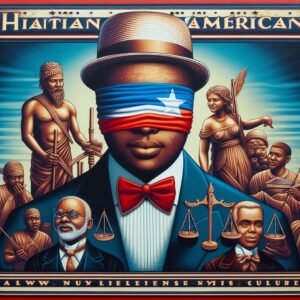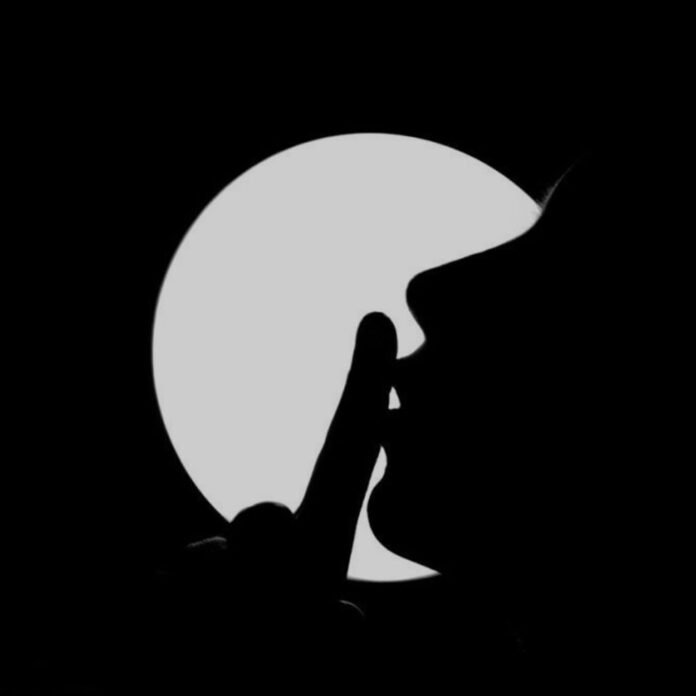The United States has laws that may be deemed immoral by Haitians, yet they remain legally binding. Morality often underpins lawmaking for societal betterment, but laws can contradict moral principles. Morality and law don’t always align, and cultural differences can further separate them.
Notably, Haitian laws and cultural norms differ significantly from those in the US, particularly regarding homosexuality. Haitian laws do not accept or tolerate homosexuality, potentially leading to conflicts when interacting with diverse US communities.

In Haiti, cultural norms and legal landscape diverge on discussing sexual orientation. Haitian society disapproves of openly sharing another’s orientation, yet lacks laws prohibiting this behavior, making it challenging to address [1]. Conversely, the US strongly protects individuals’ right to privacy regarding sexual orientation.
US Protections for LGBTQ+ Individuals
The Constitution’s 4th and 14th Amendments guarantee freedom from discrimination and the right to privacy. Internationally, the Universal Declaration of Human Rights safeguards this right.
To avoid civil lawsuits and cultural misunderstandings:
1. Understand US laws and cultural norms.
2. Respect differences between Haitian and American cultures.
3. Exercise emotional intelligence and empathy in interactions.
By doing so, we promote cross-cultural understanding, avoid legal issues, and foster a more inclusive society.
References:
1. American Civil Liberties Union (ACLU). (n.d.). LGBTQ Rights.
2. Florida Statutes. (2022). Section 934.04 – Penalties for violating confidentiality of communications.
3. Human Rights Campaign (HRC). (n.d.). Laws and Legislation.

Samuel Georges




